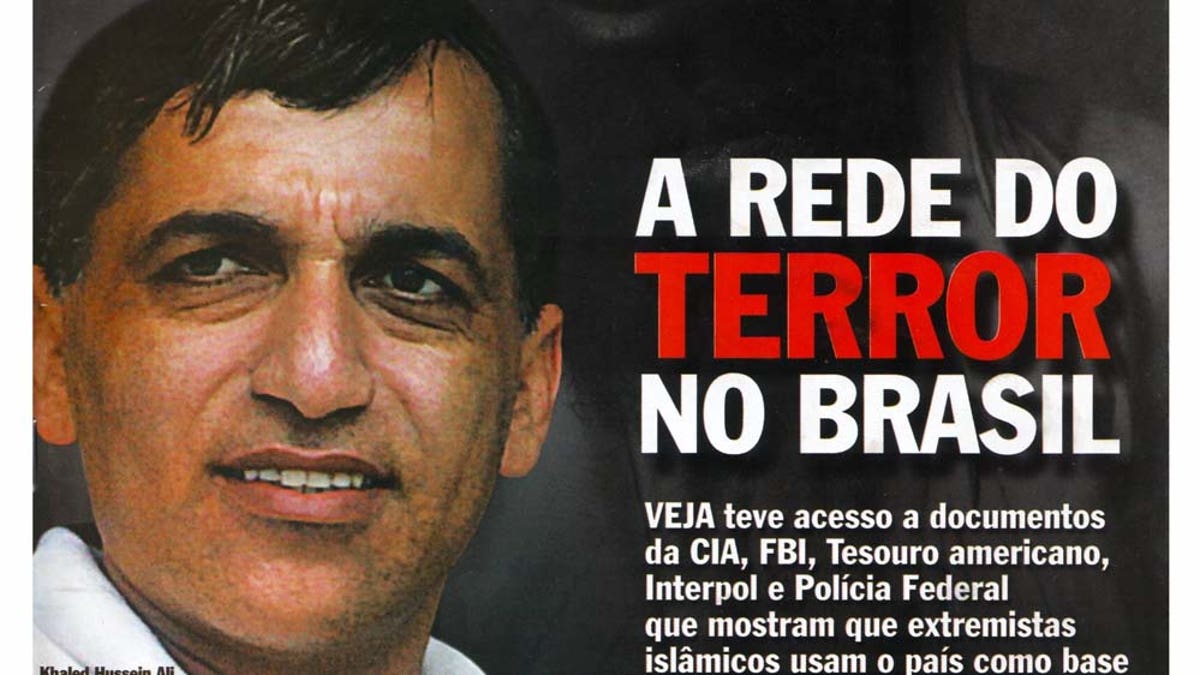
Al Qaeda has an operation in Brazil from which it raises money and translates and relays messages from Osama Bin Laden to 17 other countries in the region, according to a magazine report.
Veja magazine, which did not provide details of specific operations or targets, reported that the Jihad Media Battalion is headquartered in São Paulo. The terrorist cell is commanded by a Lebanese national named Khaled Hussein Ali, who has resided in Brazil since the 1990s and acquired citizenship in 1998.
Ali was detained by the Brazilian Federal Police in March 2009. Police records show that Ali sent videos and texts to al Qaeda followers. He also reportedly conducted a propaganda campaign of sorts on the Internet, trying to incite racial violence between blacks and Jews.
It was for the latter activities that the federal police held Ali for 21 days on charges of racism and inciting gang violence, but the authorities failed to formally pursue the charges in court.
He was later released.
In addition to the al Qaeda cell, Veja reports that both Hezbollah and Hamas are also active in Brazil.
The United States has long been concerned about Islamic militants operating in the border region between Brazil, Paraguay and Argentina. Known as the “Triple Border,” the area has a reputation for lawlessness and illicit activities. Brazil has always played down security concerns.
While cooperation between the U.S. and Brazil has warmed since the election of Brazil’s new president, Dilma Roussef, the previous leader, Luis Ignacio Lula da Silva, pursued a foreign policy often at odds with the U.S. He, for instance, offered to mediate over Iran’s nuclear program.
“Lula liked everything that that was against the U.S. hegemony,” says Luis Alberto Villamarín Pulido, former Colombian military official and author of the book “The Al Qaeda Connection.”
“The presence of radical organizations in Brazil is strategic because of country's growing economy and influence, the lack of laws against terrorism, the presence of an industry of false passports and the proximity with 'lawless' places like the border with Paraguay.”
Brazil’s lack of anti-terrorism legislation also presents a problem for the monitoring of the activities of clandestine groups.
Carlos Wagner, a senior reporter for the Porto Alegre newspaper Zero Hora who has covered the triple border and terrorism issues for more than 20 years, says that Brazil is vulnerable precisely because of its lax terrorism laws.
"What helps these groups is the lack of legislation about terrorism and lack of punishment for these activities. This is true not only regarding terrorism, but also for regular criminal organizations," says Wagner.
Luis Henrique Vieira is a freelance journalist in Brazil.
Follow us on twitter.com/foxnewslatino
Like us at facebook.com/foxnewslatino
